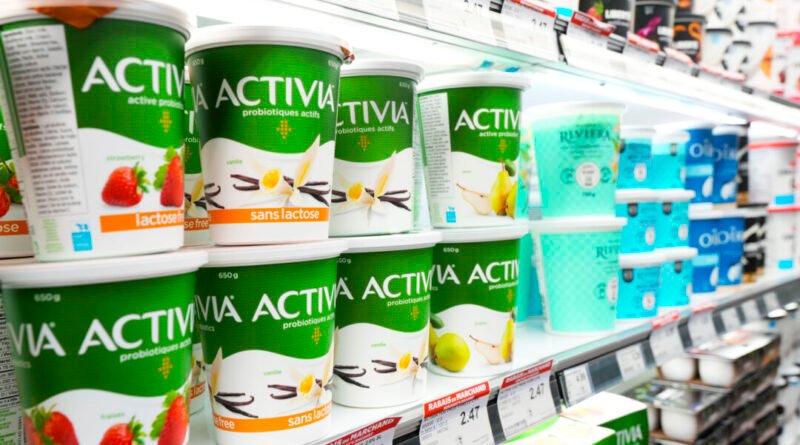Health Canada Approves Vitamin D Supplements to be Added to Yogurt and Kefir
The Department of Health has authorized the inclusion of vitamin D supplements in yogurt to address the issue of vitamin D deficiency in Canadians, especially during long, dark winters.
Citing data from the Canadian Health Measures Survey, the announcement reveals that approximately one in five Canadians has insufficient levels of vitamin D.
The health minister’s statement permits manufacturers to voluntarily enrich yogurt and kefir with vitamin D due to their calcium content, crucial for bone health.
Leading companies like Danone, General Mills, and Lactalis have committed to adding vitamin D to a significant portion of their products, as outlined in the announcement.
Vitamin D is currently added to milk and margarine, with goat’s milk receiving approval in July 2022.
However, Minister of Health Mark Holland acknowledges the challenge for Canadians to meet the recommended vitamin D intake solely through food sources available.
Statistics cited in the announcement indicate that in 2015, one out of five Canadians consumed yogurt or kefir products the day before.
The notice specifies the permitted vitamin D levels for various yogurt products, such as plain yogurts containing 5 μg of vitamin D per 100 grams, constituting 25% of the daily recommended value.
For fruit or flavored yogurts and kefirs, Health Canada sets a range of 3.8 μg to 5 μg of vitamin D per 100 grams.
Kefir products have lower vitamin D content due to their increased consumption, allowing 2.7 μg of vitamin D per 100 milliliters for plain kefir and 2.3 μg to 2.7 μg for fruit or flavored kefir.
Future updates may extend vitamin D fortification to plant-based alternatives to provide Canadians with essential nutrients.
As stated in the notice, “Health Canada will consider enabling the fortification of plant-based alternatives to dairy yogurts and kefirs with all of the important micronutrients contained in dairy-based yogurts, including vitamin D.”
The report highlights that 67% of children aged three to 11 had sufficient vitamin D levels, with a decrease noted in older age groups, where only 53% of individuals aged 12 to 19 met the optimal vitamin D criteria.
Adults who regularly consumed yogurt or milk exhibited better vitamin D levels than those who did not, illustrating the importance of including dairy products in one’s diet for overall health.





